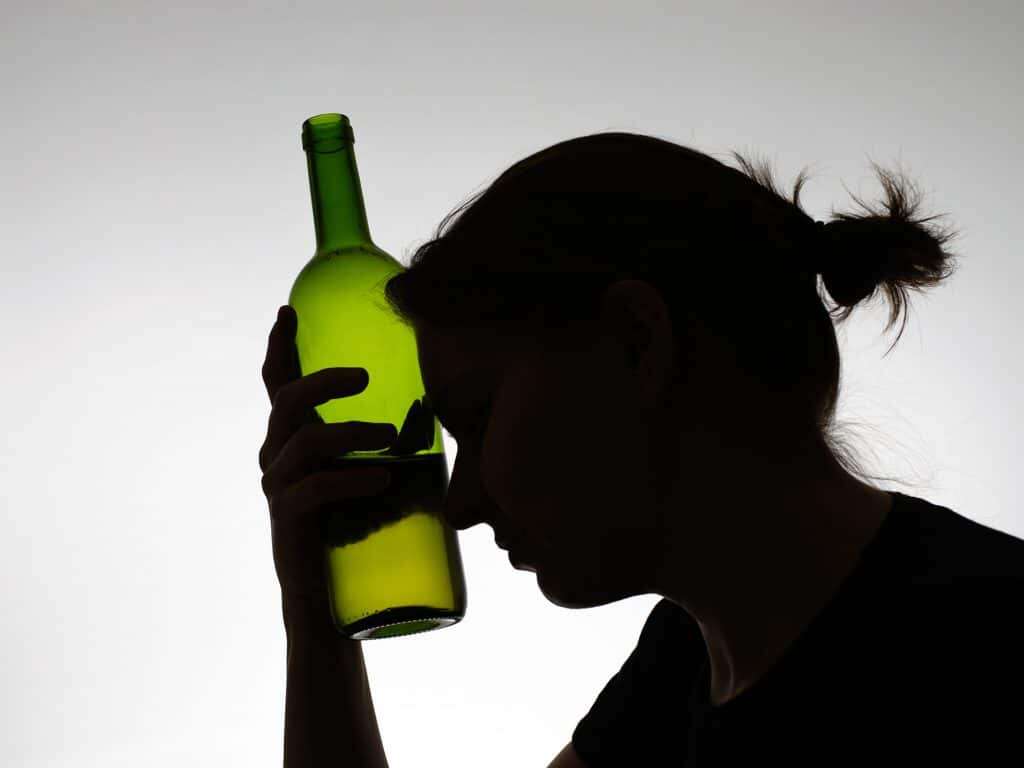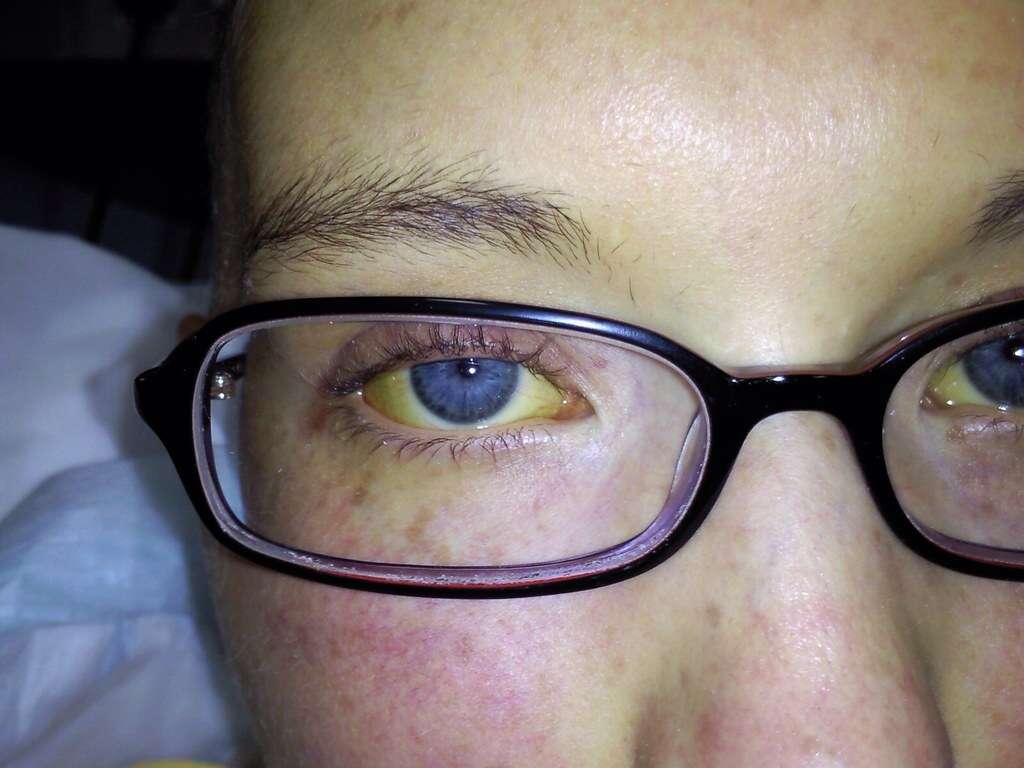10 Alcohol Poisoning Symptoms
10. Poor Coordination
Most of our movements are usually coordinated and seamless, to the point of almost looking effortless. Poor coordination is a colloquial term that mostly refers to a pathological lack of synchronization of limb movements. However, ataxia is the correct medical term that encompasses this symptom. Ataxia is the impairment of muscle control and coordination of all voluntary movements. This can include movements that involve limbs (i.e. walking, picking up objects), as well as others that involve speech or eye movement. Poor coordination is an unspecific symptom, that can be present in many conditions.
In alcohol poisoning, poor coordination is produced by alterations of the cerebellar function. Ethanol can affect the cells of the cerebellum, which is the part of your brain that controls muscle coordination, and produce temporary or permanent ataxia. In people with alcohol poisoning, poor coordination can be easily detected by observing the way the affected person walks or picks up objects. It will usually be abnormal, with uncoordinated limb movement and a constant loss of balance. Poor coordination in alcohol poisoning can be dangerous because it can cause falls and injuries that can be life-threatening.
Advertisement












